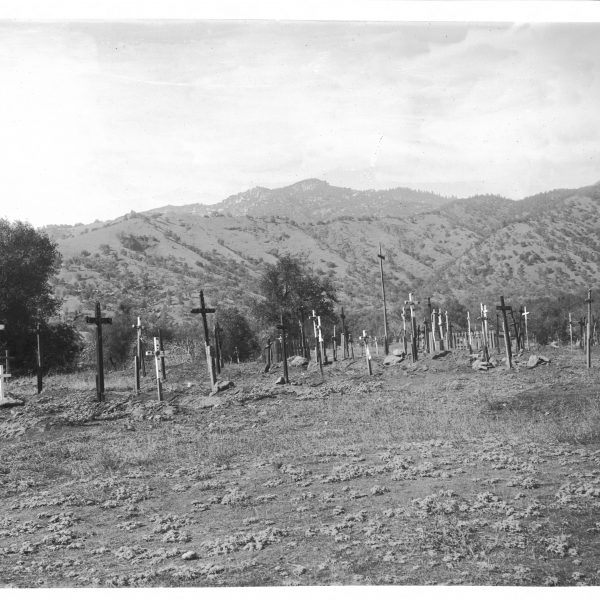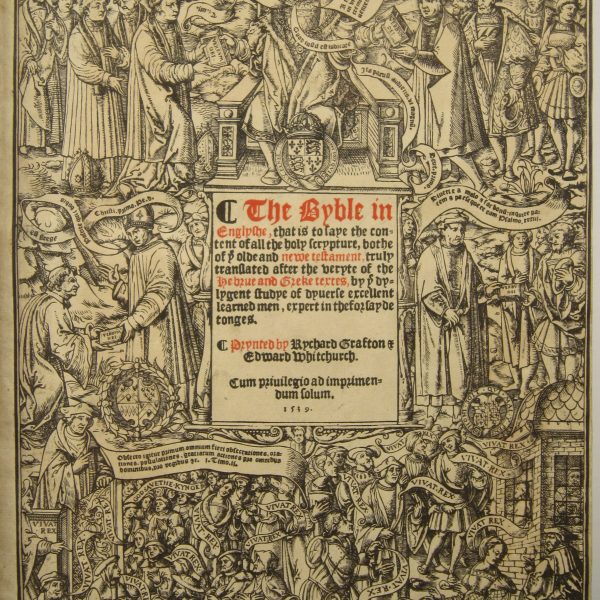
True ritual is a searching indictment of all injustice, a corrective for it, and a model for righteous behavior. Presenting ourselves before God in our ceremonies, we invite his inspection of the entirety of our lives; recognizing this fact, we must comport ourselves accordingly in all that we do. Civil religion and cultural religiosity will betray all those who put their hope in them.

The familiarity of the 23rd Psalm can blind us to the striking political dimensions of its message: YHWH is the shepherd of the king, protecting him from enemies and granting his kingdom prosperity. Close reflection upon this psalm may also suggest some significant applications within the contemporary world.

The story of the sign given to the shepherds—the Child wrapped in swaddling clothes, laid in a manger—both recalls and anticipates other scriptural events in significant yet surprising ways. It also reminds us of our vocation, as those who must declare the good news of the sign of Christ to the shepherds of our age.








